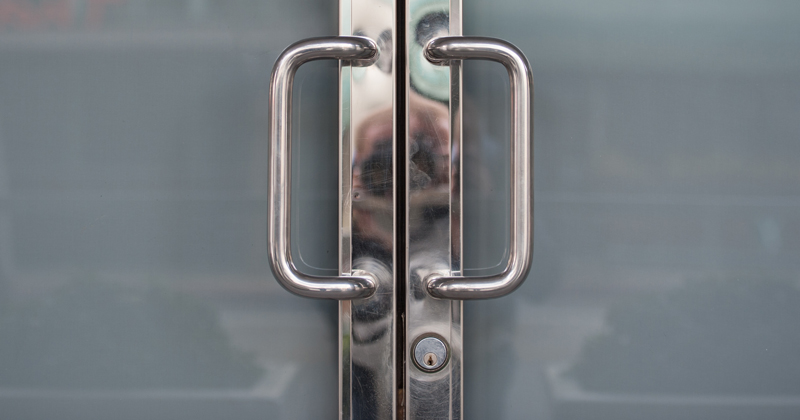The appointment of Katharine Birbalsingh as chair of the social mobility commission has received a mixed response from the profession and media commentators alike. I have never met Ms Birbalsingh but, like others, I follow her on Twitter and have observed the rise of Michaela Community School with interest. She is clearly an able, passionate and committed professional and I wish her well in her new and important role.
My hope is that she will apply her trademark boldness to some of the structural challenges that have impeded social mobility in England for decades. In education, one of the most notable is the issue of school admissions. Year after year, we see evidence of schools failing to give priority to children in care; using supplementary forms asking for personal details about the applicants’ parents; requesting ‘contributions’ to the school fund; asking for birth and marriage certificates, and using ‘subjective tests’ to select pupils.
Why does it matter? For those who want to see an increase in the levels of social mobility, for those who care about enhancing the life chances of all our nation’s young people and realising our full potential as a society, infringements of the admissions code make for depressing reading. Britain, or rather England, remains almost unique among OECD countries in the degree to which the allocation of a secondary school place determines a child’s future life chances. That’s why school ‘choices’, rather than house prices, dominate discussions at Islington dinner tables.
Nationally, the angst of middle-class parents as their children get to secondary school age has reached epidemic proportions. One consequence is that every year children from many of the nation’s poorest households are routinely allocated to schools that parents with ‘higher aspirations’ are determined to avoid.
Secondary admission policies are the secret scandal of our system
How much is really down to aspiration and how much to privilege and access remains an interesting question, but the fact remains that secondary school admission policies are the secret scandal of our education system. Trapped by the rhetoric of parental choice stoking improvement through competition, locked in by a league table agenda of what constitutes a ‘good’ school, and unwilling to confront the evidence about selective admissions policies, ministers of all political colours have allowed the line on admissions to drift in a direction that works against every other strand of government policy.
The current admission practice in many of England’s secondary schools is helping to institutionalise inequality in the nation as a whole. Unfair admissions procedures only intensify social, cultural and ethnic divisions. They foster delusions about consumer choice and reinforce outdated perceptions of quality in education.
The outcome of such covert selection practice is to produce an educational apartheid that creates vast ghettoes of underachievement which then suck in vast amounts of public money to compensate for structural inequality. They hold back overall levels of achievement. Our divisive secondary school system is working against our objective of increasing post-16 staying-on rates and widening participation in universities.
So I urge you, Ms Birbalsingh: use your new position and bully pulpit to address one of the main factors that restricts social mobility in this country. For example, the code of practice on school admissions already excludes selection by ability as an admissions criterion to all primary schools. So how about lobbying for that to be extended to include secondary schools?
A policy focused on undoing the worst effects of supposed parental choice would throw open hundreds of thousands of places in good secondary schools to parents who have previously been excluded from applying. The winners would far outnumber those who would be anxious about loss of privilege, and there can be no question that it would contribute to a more equal and less divided nation.
What a legacy that would be for the nation and its children. And what a way to silence your critics.
















Your thoughts